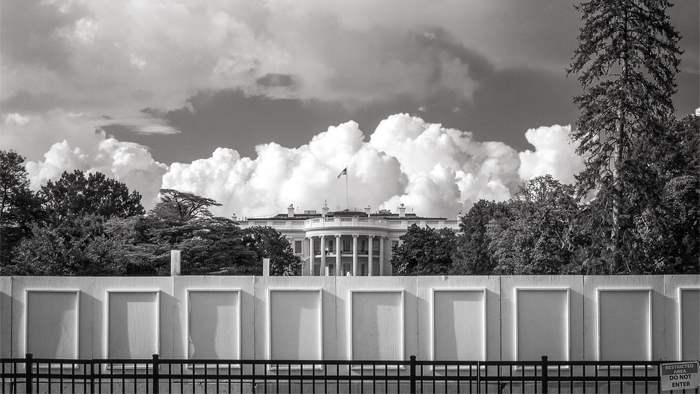Perspective: White House and Press Corps Should Practice Transparency, Not Prior Review

A “free press” should be just that: Free to conduct interviews without prior review of quotes or stories by government officials.
A recent report in Politico brought attention to a practice of the Obama and Trump administrations and in the current Biden White House press office: “Background with quote approval.”
In this case, Politico said, “background with quote approval” means reporters must transcribe and send to the press office any administration officials’ statements the reporters wish to directly quote, by name, in a story. The White House communications team can then “approve, veto or edit them.” The reporters’ alternative is to paraphrase the information from an interview anonymously, a less credible option.
There has always been a largely hidden regime of definitions and practices around Washington, D.C., interviews, from “off the record” to “background briefings” to the infamous system of quoting “a person close to …” a certain high-ranking officeholder, who often is actually the very person named.
Now five reporters who cover the White House – all unnamed at their request – told Politico they do not like having to submit to these reviews. But to get continued access, and to be competitive with other journalists who have agreed to the rule, they have gone along with it.
There is an ethical, First Amendment-friendly alternative here for both the press and the White House – and, most importantly, for the public. It would resolve this ethical conflict for journalists and no longer allow for quiet censorship or story spin by the White House.
To work, the White House press corps would have to act in concert and all decline to submit to the review rule.
Then the White House communications office should fess up to their real reasons for reviewing quotes: With “quote approval,” officials can take control of a story without appearing to do so – a plus for whoever is in the White House.
If the usual claim of “accuracy” is the true concern, they can always ask for a correction. If a reporter consistently misquotes or introduces error, officials should not do interviews with that reporter and should publicly say why they do not.
When nobody is transparent about holding anyone accountable for error or misdirection on either side, there is only one group that loses: The public.
Gene Policinski is a senior fellow for the First Amendment at the Freedom Forum. He can be reached at gpolicinski@freedomforum.org.
Misinformation, Censorship and 6 Other First Amendment Topics From VP Debate
World Press Freedom Day 2023: U.S. Black Holes and Bright Spots
Related Content
Religion. Speech. Press. Assembly. Petition.
Learn about the First Amendment.

